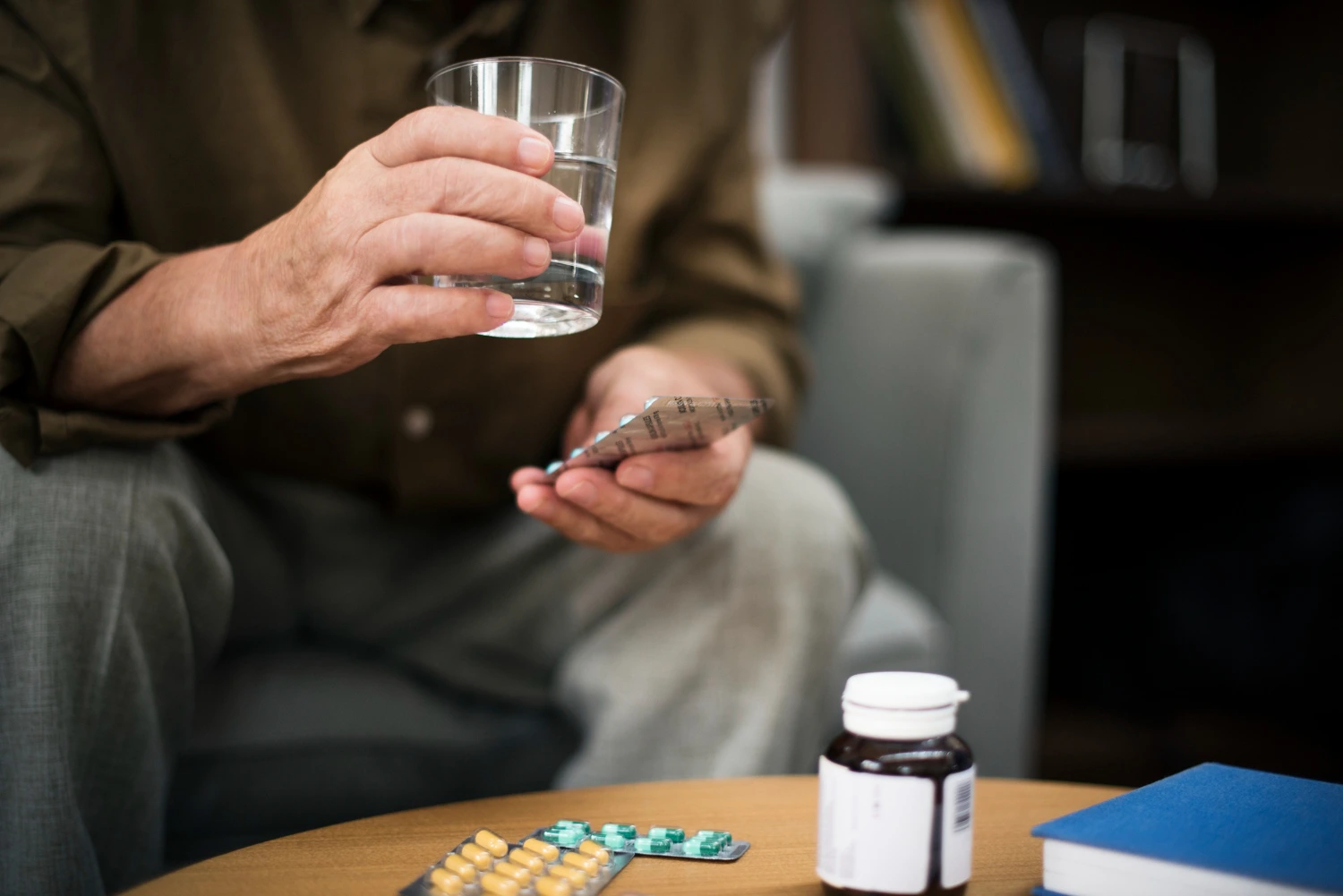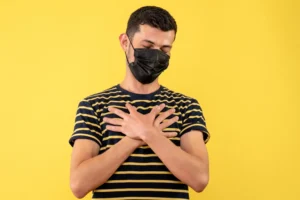When it comes to medicine, the expiry date isn’t just a suggestion, it’s a health safeguard.
From everyday painkillers to prescribed antibiotics, taking expired medication can do more harm than good. In fact, outdated medicines may not only lose effectiveness, but in some cases, they can even become harmful. Yet many people across England overlook this simple but essential health check.
In this guide, we’ll explain why checking expiry dates is a vital part of your personal healthcare routine, what risks expired medicines can pose, and how platforms like pHarmatonic can help you manage medications safely at home.
Why Do Medicines Have Expiry Dates?
Pharmaceutical companies are required by law to test how long a medicine remains effective and stable. This is known as shelf life, and it determines the expiry date you see on packaging or blister packs.
After this date, the manufacturer no longer guarantees:
- The drug’s strength or effectiveness
- Its ability to treat the intended condition
- Its safety profile
Some medications might degrade slowly, while others break down faster due to moisture, heat, or light exposure. Even a slight change in a medicine’s chemical composition can trigger allergic reactions, gastrointestinal issues, or organ stress.
What Happens If You Take Expired Medicines?
1. Reduced Effectiveness
This is especially dangerous in:
- Antibiotics (can lead to antibiotic resistance)
- Heart or blood pressure medications
- Diabetes management drugs
- Inhalers for asthma or COPD
2. Increased Risk of Side Effects
Chemical breakdown can create new compounds, some of which may be toxic or irritating to the body.
3. Delays in Proper Treatment
By taking a medicine that no longer works, you delay proper treatment and potentially worsen your condition.
Common Mistakes People Make With Medicines
- Keeping leftover antibiotics “just in case”
- Not checking expiry dates before use
- Using eye drops or creams long after opening
- Storing medicines in warm or humid environments (like the bathroom)
These habits, although common, can put your health at risk.
3 Rules for Medication Safety at Home
1. Always Read the Label Carefully
- Look for storage instructions, expiry date, and dosage guidelines
- If the label is faded or damaged, do not use the medicine
2. Check the Expiry Date Before Every Use
- Not just once, but every time you take a dose
- Don’t assume it’s safe just because you used it last month
3. Store Your Medicines Properly
- Most medicines require cool, dry conditions (15–25°C)
- Avoid placing them near windows, heaters, or in bathrooms
- Refrigerate only if the label says so
When in Doubt, Get Professional Help
If you’re unsure about a medicine’s safety or effectiveness, it’s best not to guess. That’s where pHarmatonic steps in.
With our Medication Counselling service, you can:
- Speak directly with a England-registered pharmacist
- Get personalised advice about current prescriptions
- Understand what medications are safe to continue
- Know when and how to safely dispose of expired drugs
👉 Book a Medication Review Now
How to Check If a Medicine Is Expired
- Look for “EXP,” “Use By,” or “Best Before” date
- Check both outer packaging and blister strips/bottle
- If date format is unclear (e.g., 01/26 = Jan 2026), assume the medicine expires at the end of the stated month
- For opened liquids, creams, or eye drops – check if they have a shorter shelf life after opening (e.g., 28 days)
How to Dispose of Expired Medicines in England
- Never throw old medications in household bins or flush them down the toilet
- Take them to your local pharmacy, which will dispose of them safely under NHS protocols
- Use a medicine return scheme available at most high street pharmacies
Real-Life Example: Expired Asthma Inhaler
A 36-year-old woman used her old inhaler during a sudden asthma flare-up, only to find it barely worked. Later, it was discovered that the medication had expired over 10 months ago. The delay in effective treatment led her to the A&E.
Lesson? Always have an up-to-date, safely stored backup, and consult a pharmacist if unsure.
Why Use a Digital Health Platform Like pHarmatonic?
Here’s how we help users across England manage medication safety without leaving home:
| Feature | Benefit |
| Expert Pharmacist | 7+ years England-qualified experience |
| Quick Booking | Choose service & fill out form in minutes |
| No App Needed | Access everything via website |
| Affordable Plan | £4.99/month or 2 months for £5 |
| Data Security | GDPR-compliant encrypted systems |
Whether you’re struggling to understand a prescription, don’t know if a medicine is still safe, or want help booking a GP appointment, we’ve got you covered.
Final Thought: One Simple Habit Can Protect Your Health
Checking expiry dates is one of the easiest ways to avoid unnecessary health risks. Combined with proper storage, regular reviews, and professional support, you can ensure your medications do what they’re supposed to, help you heal.
Don’t gamble with your health. Make it a habit today.
Take Control of Your Medication Safety
- Need to check your current prescriptions?
- Want help understanding labels and expiry dates?
- Unsure if it’s time to dispose of that bottle in your cabinet?
Don’t wait. Get expert advice from a licensed pharmacist.
👉 Book an Appointment with pHarmatonic
Frequently Asked Questions (FAQs)
Q1. Is it dangerous to take expired medication?
Yes. Expired medicines may be less effective or unsafe. Always check the expiry date before use.
Q2. How long is medicine safe after expiry?
You should not take medicine after the expiry date. Even if it appears fine, its strength and safety can’t be guaranteed.
Q3. Can expired antibiotics cause harm?
Yes. Using expired antibiotics may lead to treatment failure and increase the risk of antibiotic resistance.
Q4. Can I throw old medicines in the bin?
No. Always return expired medicines to your local pharmacy for proper disposal.
Q5. How should I store my medicine at home?
Store in a cool, dry place away from sunlight. Never in bathrooms or near heat sources unless instructed.
Q6. Do eye drops expire faster once opened?
Yes. Most eye drops must be discarded within 28 days of opening, even if not expired.
Q7. Can I get help reading medicine labels?
Yes. pHarmatonic offers personalised medication counselling to help you understand your prescriptions.
Q8. Is medication counselling done online?
Yes. You can consult a qualified pharmacist through pHarmatonic’s website—no app download needed.
Q9. What should I do if I accidentally took expired medicine?
Seek medical advice. For minor symptoms, speak to a pharmacist; for serious reactions, contact NHS 111 or visit A&E.
Q10. Can I review all my current medicines with a pharmacist?
Yes. pHarmatonic offers a full review of your medications for clarity, safety, and proper usage.





